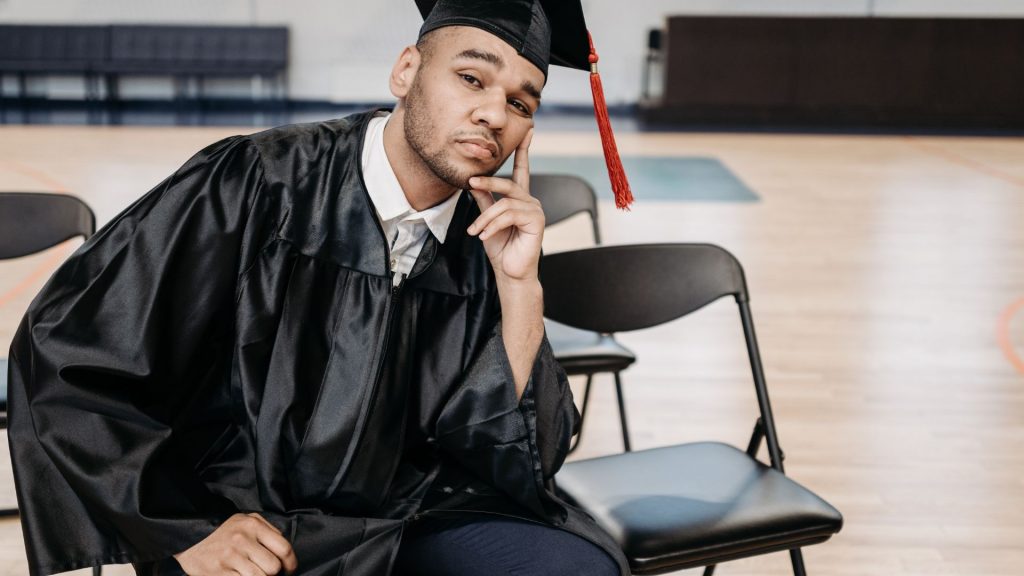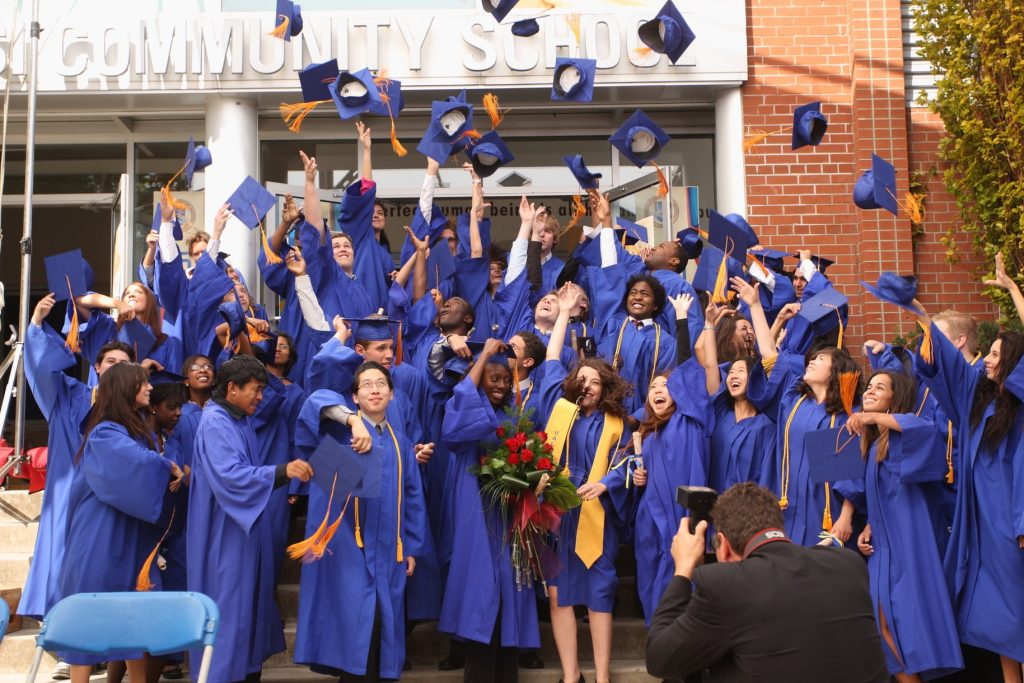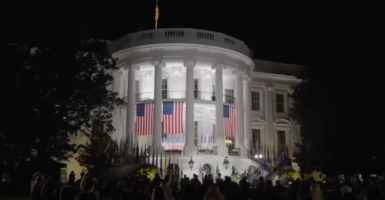One Third Of Americans Don’t Have Life Plans After Graduating
A new poll says that one-third of Americans have no after school plans following high school and college graduation.

Many children are asked, “What do you want to be when you grow up?” The responses vary, but over the years students are expected to learn and develop a pathway to success. Many schools offer guidance counseling but with teacher shortages, classroom changes, and an uncertain economy, planning for the future is not as common as it was in the past. This has become less of a concern for students amounting to the alarming fact that one-third of Americans have no after school plans to direct their life once they complete their degree programs.
This has been revealed by a Colorado State University Global poll which determined this is true for both high school and college students. What’s even more alarming, is the fact that 41% don’t even have a post-school job ready when graduating. There is still plenty of interest in furthering education, but most respondents noted their desire for more online degree programs which provide the flexibility needed to work or care for family while considering after school plans.
Despite this, college enrollment continues to drop and is expected to continue that trend as tuition rates soar and student loan interest rates go up. The cost of college does not ensure success or career placement, and many students have also admitted that institutes of higher learning have a responsibility to prepare students for the real world. 7 in 10 people agreed that universities are obligated to offer students the knowledge needed to face common challenges. Because so many schools have turned the focus toward politics or pop culture rhetoric instead of academics and critical thinking, after school plans have waned. Just under half of students requested more curriculum lessons that centered on their field-of-study and tackling everyday issues.
39% of students have admitted that they needed more academic advisory, and a whopping 69% noted interest in switching their career fields. About half stated that they wished they had taken a break between graduation and work if they had the opportunity. What this all presents is a clear lack of direction which has led to not only a drop in after school plans, but investing in long-term goals to find fulfillment in the workforce.
This is being experienced everywhere as a worker shortage continues on. Numerous college graduates are unable to find a job in their area of expertise, but whether that is dependent on the fact that more students have been enrolled in degree programs with less job opportunities or the job market has shifted is unconfirmed. What many students should know is that teacher shortages and labor worker shortages are highly affecting the economy. Plenty of students have enrolled in humanities degree programs and various studies programs, but those offerings host limited potential for substantial earnings as needs are not met by those fields. After school plans would be better designed if colleges and parents directed students to realistically envision themselves working in a useful field that provides a needed service.

The fact that so many young Americans don’t have clear plans for what they wish to do after graduation displays the country’s current uncertainty. The pandemic did not aid the situation, but for years the public education system and higher education institutes have deteriorated. Getting a quality education was once a serious goal, but as schools focus less on success and more on power, politics, and funding, students are struggling to make after school plans. In order to better serve them, these schools must change or accept that alternative options are growing in popularity for the betterment of students’ futures.



